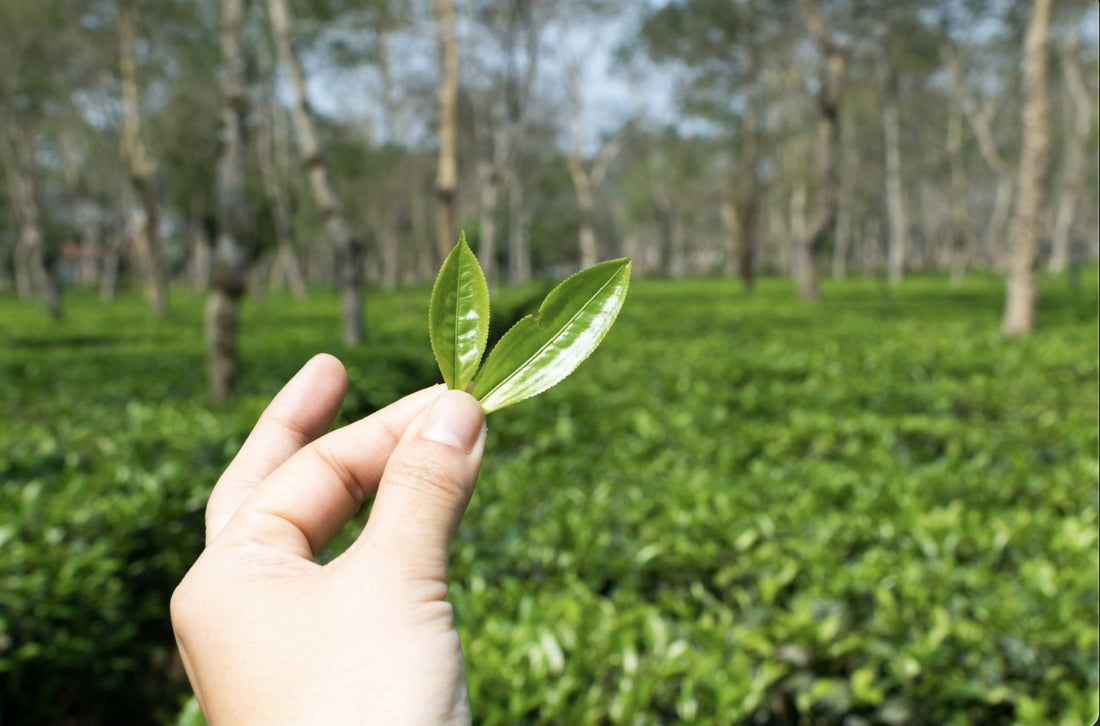
Tea /ti:/ History
Tea /ti:/
a hot drink made by infusing the dried crushed leaves of the tea plant in boiling water.
When ethereal purity is poured hot into your cups; they act as wonderful mood lifters. Tea makes its way into everyone's heart and soul with an unprecedented ooze and charm. Having a bad day at work? Just sip in a hot cup of tea and get going the whole day. The origin of this aromatic beverage is a native of China, basically an accidental discovery to cherish.
Legendary Chinese Emperor Shen Nong can be credited with the discovery of tea when tea leaves accidentally fell into his boiling water.
Intrigued by the resulting infusion, he tasted it and found it to be refreshing and invigorating. Tea was popularised as a recreational drink during the Chinese Tang dynasty, and eventually, the habit of drinking tea subsequently spread to other East Asian countries. Tea consumption became fashionable among the English, who started to plant it on a large scale in British India.
Tea eventually stepped its foot beyond China's borders. It was introduced to Japan by Buddhist monks in the early century and became a central element of Japanese culture, leading to the development of traditional tea ceremonies.
The story of tea in India is as rich and diverse as the land itself.
India's love affair with tea began centuries ago, and it has since become an integral part of our daily lives. Join us on a journey through time as we explore the history of tea in India, its connection to Assam, and its enduring impact on our culture.
a hot drink made by infusing the dried crushed leaves of the tea plant in boiling water.
When ethereal purity is poured hot into your cups; they act as wonderful mood lifters. Tea makes its way into everyone's heart and soul with an unprecedented ooze and charm. Having a bad day at work? Just sip in a hot cup of tea and get going the whole day. The origin of this aromatic beverage is a native of China, basically an accidental discovery to cherish.
Legendary Chinese Emperor Shen Nong can be credited with the discovery of tea when tea leaves accidentally fell into his boiling water.
Intrigued by the resulting infusion, he tasted it and found it to be refreshing and invigorating. Tea was popularised as a recreational drink during the Chinese Tang dynasty, and eventually, the habit of drinking tea subsequently spread to other East Asian countries. Tea consumption became fashionable among the English, who started to plant it on a large scale in British India.
Tea eventually stepped its foot beyond China's borders. It was introduced to Japan by Buddhist monks in the early century and became a central element of Japanese culture, leading to the development of traditional tea ceremonies.
The story of tea in India is as rich and diverse as the land itself.
India's love affair with tea began centuries ago, and it has since become an integral part of our daily lives. Join us on a journey through time as we explore the history of tea in India, its connection to Assam, and its enduring impact on our culture.



